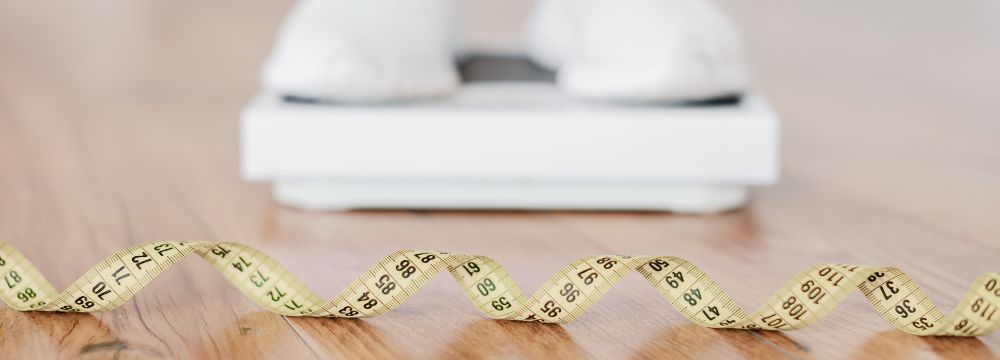
If you’re asking this question, you’ve probably made fantastic progress in your postoperative weight loss goals. Congratulations! By now, it’s probably apparent that our bodies undergo significant changes as we lose weight. You won’t find much information on the Internet about some questions, and bruising after bariatric surgery is undoubtedly one of those more obscure topics, but it is necessary to discuss.
To get right to the point, in most cases, bruising is perfectly normal after bariatric surgery and should improve when you stabilize at a lower weight and over time. But let’s find out why you bruise more quickly after surgery and what, if anything, you should do about it.
The Vascular System and Fat
We don’t think about it much, but all the cells in our body need a blood supply, including fat. As such, as people gain weight and add fat cells, they also need a blood supply to that fat, which comes in the form of new blood vessels. This is one of the reasons why excess weight and obesity can cause higher blood pressure and cardiovascular disease—the heart has to pump more blood to more places around the body.
As you lose weight, on the other hand, the fat padding around these newer blood vessels begins to shrink, exposing the blood vessels to a greater risk of trauma from even a minor bump. Especially after the rapid weight loss induced by bariatric surgery, the vascular system takes time to catch up to the weight loss.
Is There Anything You Can or Should Do About the Bruising?
First, of course, take a step back and relax. This bruising is likely manageable. It’s simply a part of your weight loss journey.
Of course, if the bruising concerns you, you have a bleeding or clotting disorder, or you are on blood-thinning medications or supplements, you should speak to your bariatric surgeon or primary care physician to minimize potential complications.
Of course, you can avoid bumping into things, playing sports that require contact, or performing strenuous activity, but we certainly don’t want you to sacrifice your lifestyle for something that will eventually no longer be an issue.
If you find the bruising unsightly, there are a few things you can do to hasten the recovery process. First, make sure you are well-hydrated. This allows the vascular system to recover from trauma more readily and keeps it healthier in the first place. Second, don’t stop exercising. Increasing blood flow from exercise is vital, even if it sounds counterintuitive. Lastly, use ice to minimize the appearance of the bruise and help with any inflammation, if present.
The Bottom Line
With some exceptions, a little more bruising after bariatric surgery is quite normal, and most patients should not be overly concerned about it. However, if you have a bleeding or clotting disorder or are taking certain medications or vitamins that thin the blood, you must speak to your medical team to ensure everything is normal. As always, we look forward to more exciting discussions on bariatric surgery.









